
A student-led education movement is livening up India’s classrooms
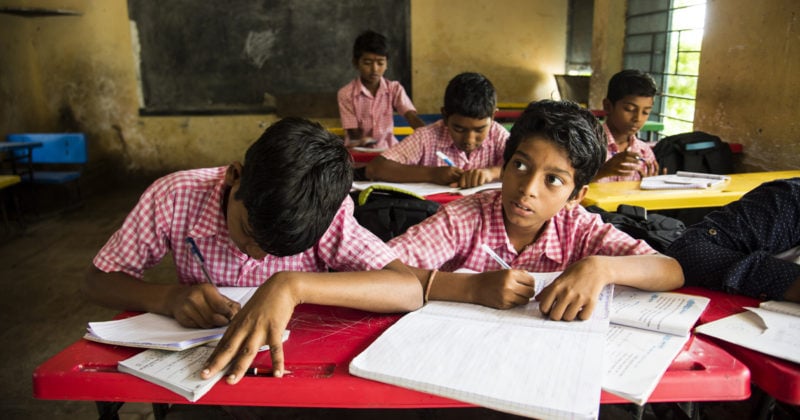
Divya Raja, one of India’s newest education policymakers, is only 14 years old and she loves helping her friends.
When she first noticed that some of her peers were not doing as well in class, Divya decided to set up a “buddy system” that keeps classmates looking out for one another in their studies and performance. Her buddy, a notorious teenager who disliked studying, began to show interest and responsibility for his learning after a few weeks.
“We saw Divya wear the boy down with her persistence, sitting with him day after day and doing everything she could think of to ensure he paid attention in class,” said Aparna Ramanujam, Divya’s teacher and a Fellow at non-profit organization Teach for India — a partner of Deutsche Post DHL Group’s (DPDHL) GoTeach program which improves educational opportunity and employability among youth.
Divya is one of many teenagers involved in an education movement that is turning India’s schooling system on its head. Kids Education Revolution (KER), an initiative of Teach for India, is allowing students as young as 10 to partner with teachers to decide on their curriculum and change the way classes are conducted.
Since launching in 2016, KER has become a national movement made up of over 200 student ambassadors and 1,500 educators. Its methods may be unorthodox, but have empowered students to solve their problems and lead the way in finding answers, signaling a new wave of change to India’s traditional education system.
The answer lies within them
Instead of waiting for the teachers to step in and provide extra classes for poorer-performing students, eighth-graders like Divya have created a “self-driving” system where students come up with solutions to their problems.
KER’s student leaders collaborate with teachers to come up with everything from seating arrangements to ideas for the next day’s lessons.
“It was unbelievable to watch,” said Aparna of her class in Chennai which adopted such an approach. “Instead of waiting for someone else to lead the way, the students proved that they could solve problems by themselves. That has been one of the biggest surprises for me.”
Divya is not the only change-maker in her age group. Another eighth-grader at the school, Mahendra Loganathan, set up a stationery shop in school after noticing that his peers were skipping classes to buy stationery outside.
The budding entrepreneur gathered a few friends and delegated roles in sales, marketing, accounting and inventory to each, imparting business skills and providing an enjoyable experience for all — not to mention ensuring they would not miss out on classes.
“I was so encouraged to see Mahendra taking ownership for his peers in such a unique way,” recalled Nitin Thilagan, who is also a Fellow at Teach for India. “He has pooled together different skills to solve a larger, school-wide problem, empowering other students and making learning all the more engaging and holistic.”
Leaders of today, not tomorrow
KER adopters believe that students can be encouraged to solve the problems they see around them and to create a better future proactively. They are ready “today” as they are, and not in the distant future, having the potential to affect change in the classroom, school, community and even the world.
“The key lies in establishing honesty and equality with the students — making sure that they make every decision collectively,” explained Nitin.
“When we provide a safe space, students become more willing to speak up, voice their opinions and explore potential solutions,” said Nikhil Sharma, another Teach for India Fellow. When seconded to an inner city school in Ahmedabad, Nikhil felt that the school lacked a green area. But instead of providing the solution, he organized a “learning circle” for students to discuss their ideas.
That was when Abdullah Khan Pathan, a bubbly seventh-grader, came up with a garden idea inspired from seeing his mother and neighbors grow plants in pots and old containers. The next day, students brought containers from home and filled it with soil from a nearby river. A week later, they had developed a rooftop garden that is now a learning hub for everything from agronomics to poetry.
“All these ideas came from the students themselves, with teachers merely guiding and assisting them,” stressed Nikhil. Abdullah is now a Green Leader at school and recently went on to promote his garden-based learning project to other “revolutionaries” at the recent KER National Summit in February 2020.
Owning their education
India’s education system is struggling with challenges varied and complex as ineffective teaching methods, poor infrastructure and mismatched curriculum. With teachers, parents, and children growing disillusioned with traditional schooling methods, alternatives like KER have been quick to gain interest on a national level.
Teach for India Fellows admit that their own experiences at school were far from engaging. Aparna describes her schooling years as unmemorable, saying that she could not recall many teachers who had truly shaped her education experience or ignited any passion in her. As such, she left for college in the United States a fairly “uninspired girl”.
For Nikhil, teachers were superiors first — and challenging their decisions was a virtual impossibility. After studying to be a petroleum engineer and working for a multinational in Mumbai, Nikhil left to join Teach for India to give back to his country’s next generation.
He said his mindset has completely changed since joining, seeing how students can stand shoulder-to-shoulder with teachers in revitalizing the country’s education system one classroom at a time. “The solutions already exist in their hearts and minds, and our job is merely to unearth them,” said Nikhil.
“Children are at the center of a classroom, so they should be the real drivers of decisions in class,” added Aparna. “The best decisions we’ve made have been the bilateral ones, and an excellent education system is one that listens to and learns from the students.”
Teach for India is a partner of GoTeach, Deutsche Post DHL Group’s youth employability program that supports children and young people in disadvantaged socioeconomic circumstances worldwide.
As part of the GoTeach program last year, DHL employees in India facilitated aptitude tests for ninth-grade students and conducted a series of workshops on stress management, critical thinking, body language and self-improvement among others.
MORE FROM THIS COLLECTION


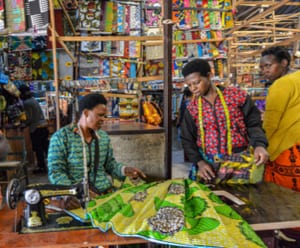
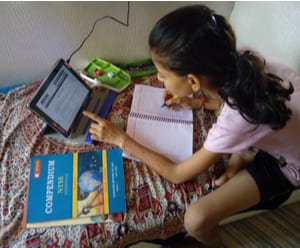
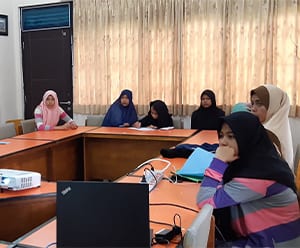


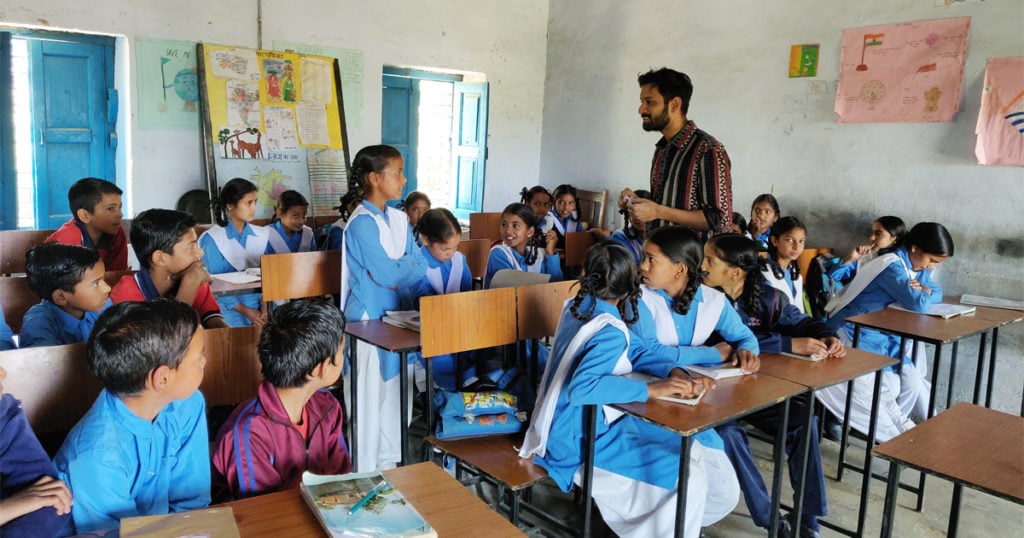
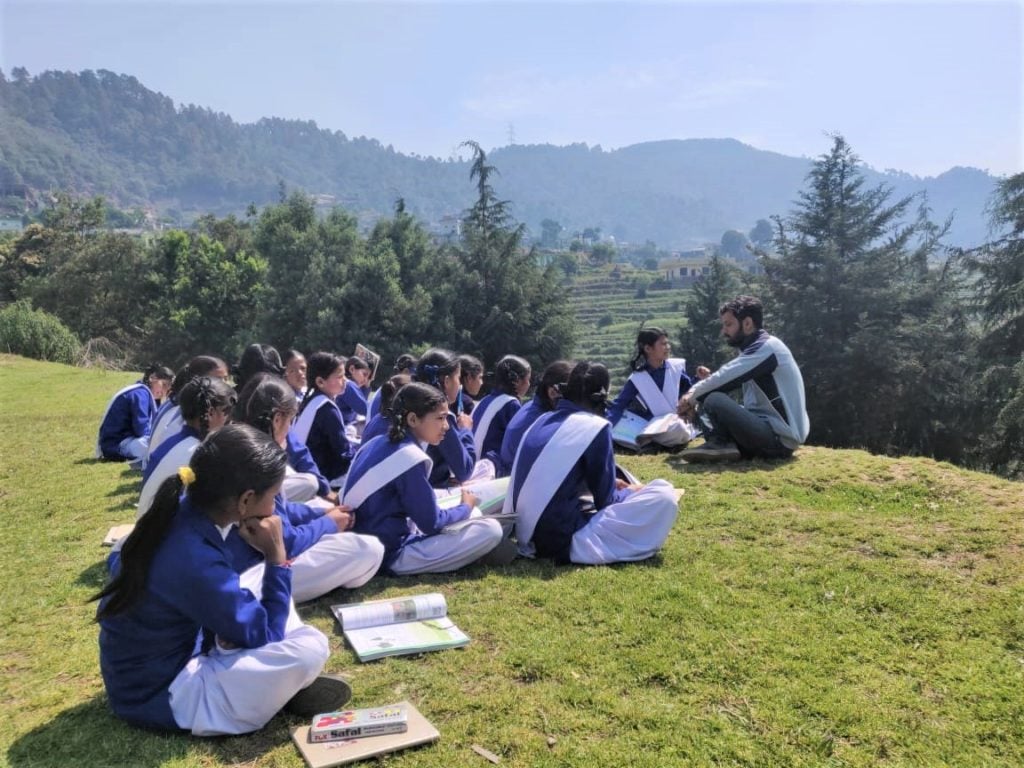
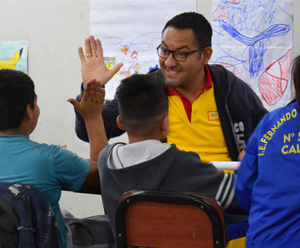




 English
English